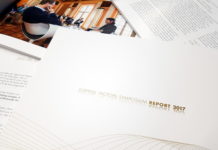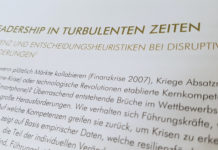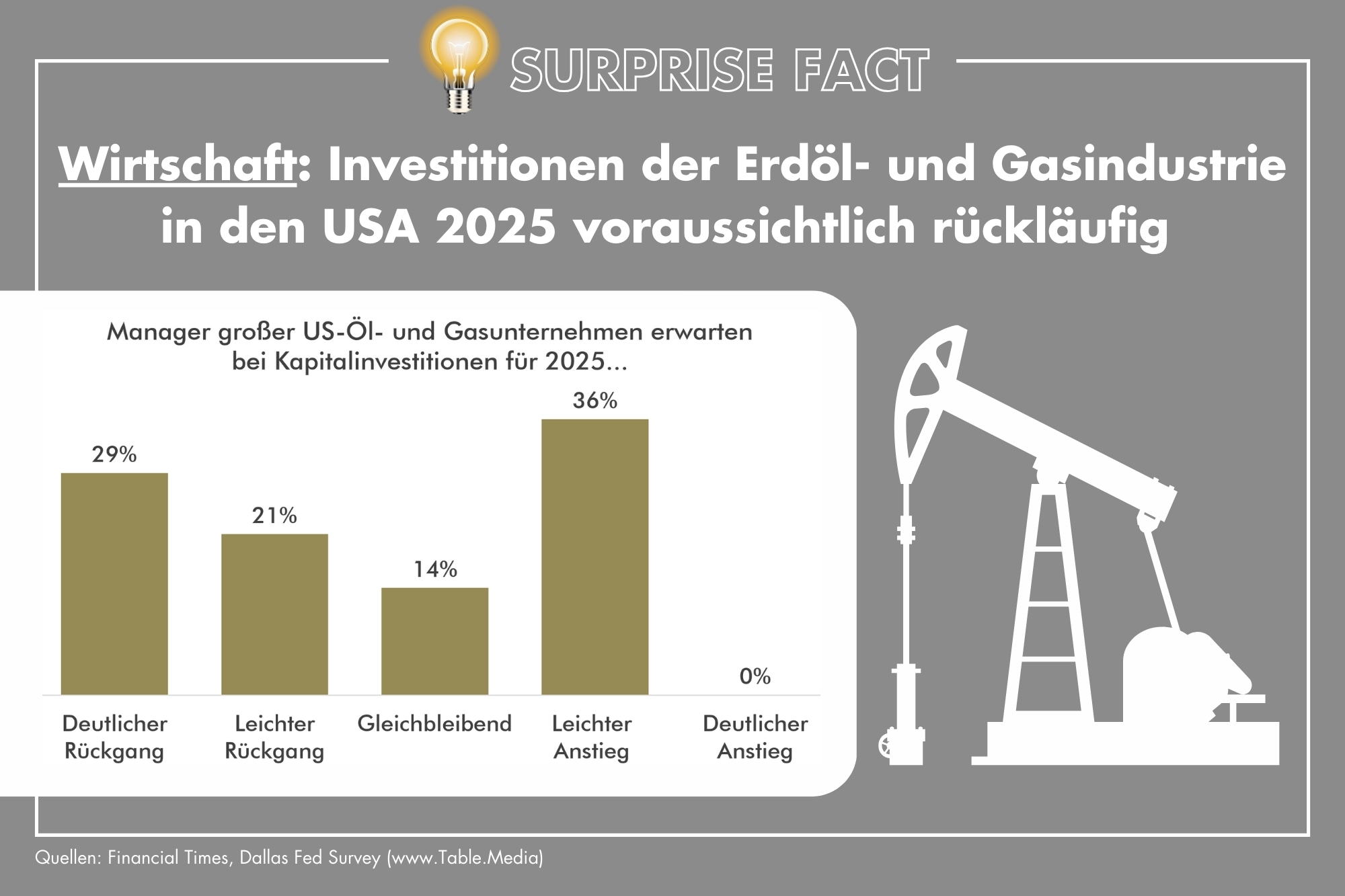Only societies which have confidence in their institutions are resilient
John L. Casti is an American mathematician and system theorist. He is senior research fellow at the Stevens Institute of Technology in New York and was previously professor of operations Research and System Theory at the Institute for Econometrics and System Theory at the Vienna University of Technology. Casti was co-founder of the first X‑Center in Vienna, which was followed by a number of other X‑Centers, i.e. in Helsinki, Tokyo, Seoul and New York. The X‑Centers deal with the question of how crises can be predicted by mathematical models. In 2012 Casti published the book „X‑Events — The Collapse of Everything“, dedicated to the research on unforeseen events. John L. Casti was one of the experts at the SURPRISE FACTORS SYMPOSIUM 2014 in Gmunden.
X‑Events are events that are relatively rare, surprising and have a lot of impact. They can have both, negative and positive consequences — but always act destructively on the status quo and are therefore constructive for changes. They are necessary for human progress because they are clearing the way for new things to develop. We are only at the beginning with our studies on these events, and it is not yet discussed in detail how to define them at all.
The prediction of an X‑Event is currently impossible because the necessary Big Data is not yet sufficiently available. Analysis of large data sets could advance our understanding of X‑Events decisively. Making predictions is so difficult because the whole context, in which such X‑Events occur, is constantly in motion. Seemingly random developments and events can be Trigger-Events for a spiral of further events that — in their entirety — produce an unexpected X‑Event.
What to do when an X‑Event occurs?
- Survive the shock of the event. This means, a society must be adequately prepared to survive such unforeseen disasters.
- Adapting to the new situation. A society must be able to analyze the new environment — identifying existing resources, niches and limits.
- Take risks and jump into new niches. Since: without taking risks, there will be no reward.
What makes a society resilient?
- Public confidence in its institutions and organizations is the central point. To establish this kind of trust transparency in all political processes is required. It is this kind of trust that makes the necessary drastic decisions widely accepted and therefore possible.
- Shared values in society. These are the basis for policy decisions.
- „Big is bad“. A society has to be large enough to be able to be able to make attractive offers for its citizens — but it must also be small enough, not to be too complex.
Quotations:
- „You can‘t predict these events because they are in a context that is permanently shifting.“
- „X‑Events are rare, surprising and they have a lot of impact.“
- „Big is bad. Try not to be too big to fail.“
- „Shared values, not too big in scale and create an infrastructure of trust — that helps to survive an X‑Event.“
- „No risk means no reward.“
Connecting factors for ACADEMIA SUPERIOR
Points for further discussion
- How can trust in the institutions of a society be established?
- How can our society become more transparent?
- Which X‑Events are likely to happen to us?
- How can we benefit from an X‑Event?
Tools for development
- More transparency in politics and society
- Building up a social infrastructure of trust
- Playing through scenarios of possible X‑Events
- Identifying common social values







